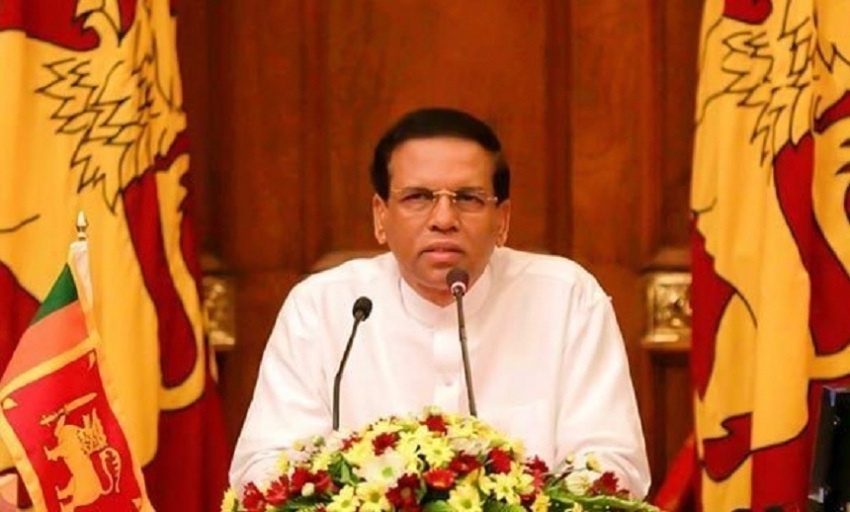Born in 3rd September, 1951mr.Sirisena is the seventh and current President of Sri Lanka, in office since 9 January 2015and Sri Lanka's first president from the North Central Province of the country and does not belong to the traditional Sri Lankan political elite
He joined mainstream politics in 1989 as a member of the Parliament of Sri Lanka and has held several ministries since 1994.[5] He was the general-secretary of the Sri Lanka Freedom Party and was Minister of Health until November 2014 when he announced his candidacy for the 2015 presidential election as the opposition coalition's "common candidate".His victory in the election is generally viewed as a surprise, coming to office through the votes won from the alternative Sinhala-majority rural constituency and the Tamil and Muslim minority groups that have been alienated by the Rajapaksa government on post-war reconciliation and growing sectarian violence.
Maithripala Sirisena pledged to implement a 100-day reform program where he promised to rebalance the executive branch within 100 days of being elected, by reinforcing Sri Lanka's judiciary and parliament, to fight corruption and to investigate allegations of war crimes from 2009, repeal the controversial eighteenth amendment, re-instate the seventeenth amendment and appoint UNP leader Ranil Wickremesinghe as Prime Minister. He later was reported to have publicly disavowed this program, claiming that he did not know where it originated.
Sirisena was sworn in as the sixth Executive President before Supreme Court judge K. Sripavan in Independence Square, Colombo at 6.20pm on 9 January 2015. Immediately afterwards he appointed Ranil Wickremesinghe as the new Prime Minister.[18][19] After being sworn in Sirisena stated that he would only serve one term.[20] Sirisena voluntarily transferred significant presidential powers to parliament on 28 April.



















